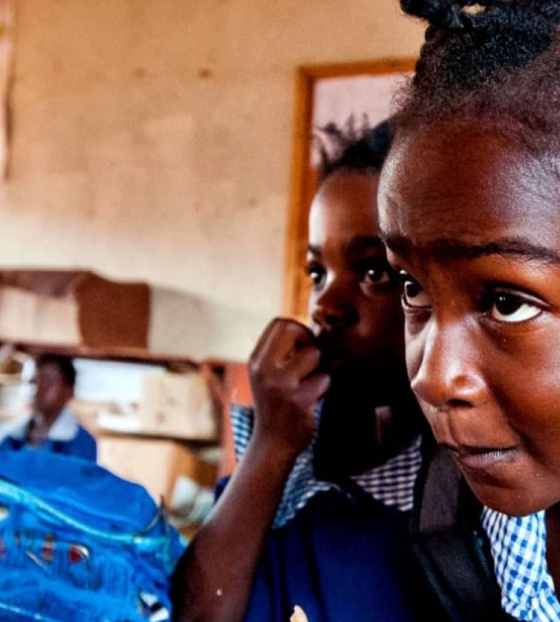
The canteen is important because it provides a stable frequency rate at the schools, because the students can count on a warm meal. This gives them peace of mind.
Assessing our impact
In 2024, we carried out our impact assessment work, examining the school feeding programmes’ impacts on children by interviewing learners (using specially designed child surveys that incorporated child-friendly language and images) and collecting teacher and parent perspectives.
We spoke to children, teachers, parents and volunteers in each country to find out more about the difference school meals are making. Our findings showed that the meals we serve every school day have the power to impact child hunger and children’s energy and wellbeing and to increase school enrollment and improve attendance.
Although our focus will always center around the children we serve, the impact of our work on communities is also significant, and the generosity and dedication of our volunteers and local communities is intrinsic to our approach to school feeding.